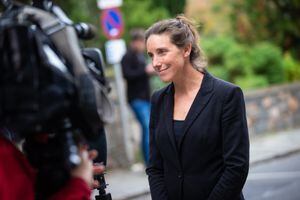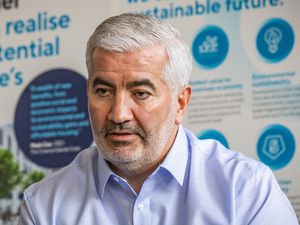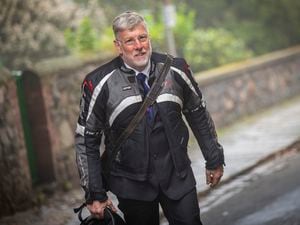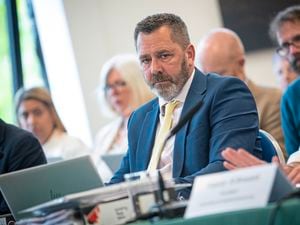Tackling transport emissions on E&I president’s agenda
A THREE-WAY contest for the presidency of Environment & Infrastructure ended with one of its members from the last States being promoted to the top job.

Lindsay de Sausmarez won ahead of former Environment minister Deputy David De Lisle and newcomer to the Assembly, Deputy Andrew Taylor.
It was two newcomers who put Deputy de Sausmarez forward for the role, Deputies Mark Helyar and Adrian Gabriel.
Deputy de Sausmarez spoke about the great successes of the committee over the last few years, referring to the waste strategy and how it led to record recycling rates, an energy policy welcomed by the industry and the States, a climate change policy that received near unanimous support, record-breaking bus passenger numbers, ‘and a strategy for nature that will, for the first time, give our natural environment and value and a voice in decision-making,’ she said.
Both environment and infrastructure had an important role to play in the island’s economic recovery strategy: ‘As I am sure every member is aware, investing in infrastructure during an economic down-turn is broadly accepted as a useful stimulus.’
Deputy de Sausmarez also touched on electric vehicles, and said they needed to be supported by a comprehensive network of public and domestic charging points.
And, in line with Deputy Peter Ferbrache’s winning speech for the role of Policy & Resources president, she said that there would be action. ‘In the context of environmental policy I can assure him that if I have anything to do with it, that will be the case.
‘The energy policy, the climate change policy and the strategy for nature now need to move swiftly from paper to practical reality.’
She said that perhaps her most ambitious policy would be to address carbon emissions, the single biggest contributor to that being transport in general and local transport in particular.
‘I think in terms of scale and then subsequent impact a very ambitious project and a very worthwhile one to undertake is to take a very broad view about the sustainability and efficiency of our road transport network in its own right.’
When the voting took place, in the first round she polled 20 votes, to the 13 of Deputy de Lisle and seven for Deputy Taylor, so the latter was eliminated.
In the second round, Deputy de Sausmarez polled 21 votes, with 16 for Deputy De Lisle and two blank papers. Only 39 papers were counted.





